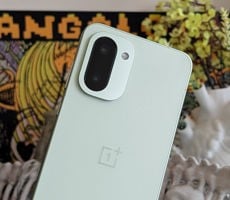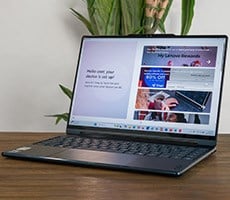LG G5 Review: Ambitious But Unrefined
|
Up first, Rightware's Web 3.0 test ranks performance of modern mobile web browsers, along with device processing engines, in terms of how well they handle web page loading, screen resizing, and various web graphics rendering workloads.

Right out of the gate we see the LG G5 is very capable where it counts. Web browsing on the G5 is very enjoyable with well above-average responsiveness on even complex pages.
|
Stepping outside of web performance, AnTuTu gives us a healthy indicator of overall phone performance. AnTuTu’s latest benchmark returns a number of metrics ranked as scores, rather than frame rates or time to complete. We tested with the latest version of AnTuTu across all platforms including Android, iOS and even Windows Phone. AnTuTu returns four top level performance metric results that we're including here: CPU, RAM, 3D, UX (or User Experience) along with a total score.

The LG G5 continues to put up a considerable fight here. UX performance is dragging slightly, perhaps from thermal throttling, but overall we have no complaints here.
|
Rounding off our general compute benchmarks is Geekbench. GeekBench taxes only CPU cores in a handset (not graphics), with both single and multi-threaded workloads.

This result is actually a bit interesting. Compute-wise the LG G5 doesn't fair as well as its Qualcomm Snapdragon 820 should suggest, trailing even last year's Samsung Galaxy lineup. Fortunately for the G5, it does pack DDR4 RAM and stronger single-core performance to allow it to at least work efficiently. This is largely why we see relatively better results in AnTuTu.
Now, let's move on to the harder hitting graphics benchmarks...







